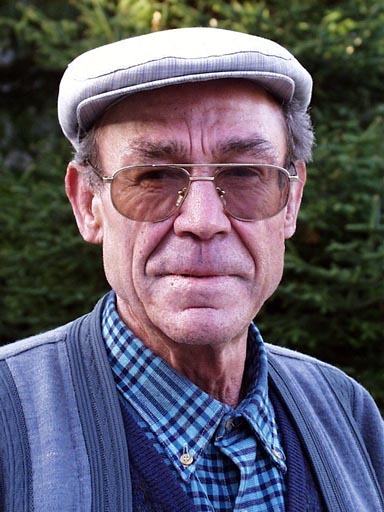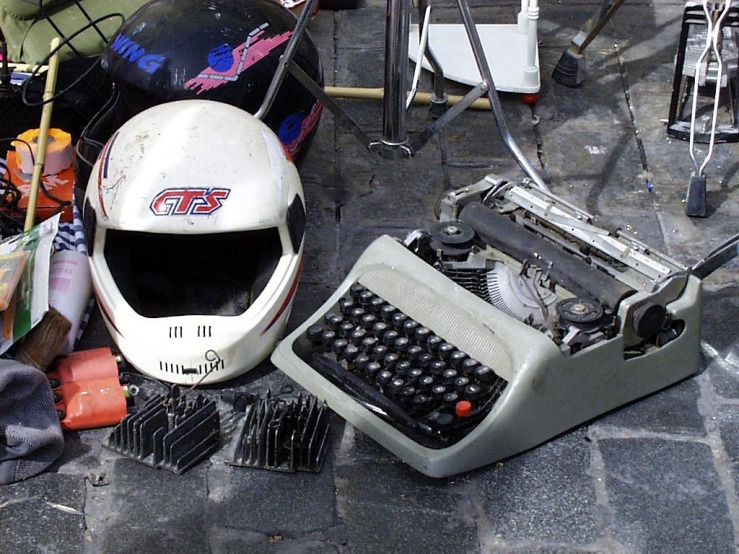Freezing gray and black clouds at the summit formed a blanket around my shoulders with essential threads I needed. They’d be measured, cut and woven into a memoir of new/old stories.
Grazalema or Lacilbula in Latin was a 3,000-year old Berber village and white pueblo below the Penon Grande Mountain with 2,300 residents.
Nature formed rain to welcome me home.
Hail the conquering hero fell hard and fast. Inch deep frozen rain accumulated on patio plants. The weather turned bitter cold for a week.
“Unseasonable,” said my petite neighbor outside her blue Moorish door near a red rose bush with sharp thorns.
My patio had twenty plants with orange and lemon trees. It was an intimate old white home with plastered stone walls, cold black and red tiled floors, no central heating, no hot water, gas cookers in a small kitchen, kitsch on walls and mantelpiece, a round writing table with an electric heater for leg warmth, a downstairs bedroom, a large freezing room upstairs with a valley view and a bathroom.
Shortwave reception from a European transmitter picked up fragments about new economic ideas.
“Using resources more efficiently…People are productive…A budget of people and scarce nature…Natural capitalist, high quality kilowatt hours with higher profits and better service...Money an enabler a curse with a price on everything...Create time dollars without a specific value...Mutual credit systems…Invent complimentary currency systems…Functionality and earning credits with mechanisms and the social cost…Transfer the future of money…Economics doesn’t give us the whole picture doesn’t provide all the answers…Price determines behavior maximizing financial consequences…Accountability industry...”
I changed frequency.
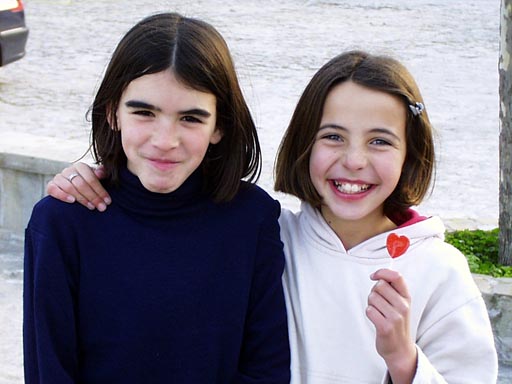
Graz friends live forever
Every day after finishing morning pages I turned off the word machine, unplugged the heater, checked gas cookers were off, packed food, water and compass, laced up hiking boots, noosed a silk scarf, put on a wool hat and gloves and grabbed my thick walking staff to climb back in time.
The first patio door was unlocked with a heavy iron key left by Arabs. They’d ruled al-Andalucía for 800 years.
Keys to heaven dangled from Catholic vestments or battle dress in European paintings. The key to paradise was heavy and manipulated by people with Control, Power, Money and Leverage.
I collided with a low hanging winter orange, laughed and slipped the bolt on the second wooden door, entering the courtyard. A single red rose beneath a lemon tree presented its fragrance. One curled petal went in my pocket.
“Ola,” I said to my smiling neighbor sweeping stone steps. She worked from sunup to sundown.
“Ola. Are you going climbing? It’s a fine day for it.”
“Yes.”
“Adios.”
I passed the shuttered Municipal Bibliotheca where I studied Spanish art history and Andalucía reference books M-F from 1830-2030 as giggling children doing homework made faces. Their behavior was direct and honest. They teased me about sex using their fingers showing what happens between men and women. In-out dialogue. Universal gestures.
Laughing, we shared intuitive awareness until the neurotic rigid librarian needing dental care told us to BE QUIET. I may grow old but I’ll never grow up.
I was a pleasant aberration in their life. Foreigners didn’t stay long in Grazalema. A forcestero in exile is always home.
Girls had bags of pens and pencils giving them diversions and choices. A pen? A pencil? Ink? Which color? They traced animals, people and transcribed religion lessons. Boys messed around and girls studied, a universal educational fact.
I hiked past narrow connected whitewashed stone homes buried below rising Sierra Mountains. Roman cobblestone streets were rough, smooth, jagged, slippery compressed viaducts sloping toward the middle for drainage. Residents staring at Penon Grande saw gray dolomite rocks stab aquamarine sky. Walking residents peering down had eyes pierced by rocks.
I read a poem about Andalucía by Manual Nogales from the El Gastor pueblo. It was about rocks, pines, sun, water, clear mountain air, local pastries, simple men, beautiful women, 1,000 balconies with 1,000 geraniums, old Moorish and Iberian secrets, hidden treasures, red and orange Sierra sunsets, bandits, legends and myths.
I stopped at a family bakery to get T-Rex, their German shepherd. He spent his days chained to a tree and was ecstatic sensing freedom. The family appreciated my willingness to take him climbing.
“Where are you going today?” said the woman.
“We’ll climb the Penon southern route and return in four or five hours. Is that ok?”
“Yes. See you later.”
I secured his long leather leash. We left the pueblo, climbed a rise and descended to a small parking lot. Four adults with an infant got out of a car. A man opened a gate inviting me to follow.
“Gracias.”
They stayed in a sunny meadow. My choice was a steep, rocky, narrow muddy trail in cold shadows. My staff’s worn metal point stabbed soil.
Facing a date with destiny I took my time quickly with muscular skeleton bone skin steps. My heart rate roared a wild-throated vibration in my ears.
T-Rex moved with agility and determination.
Climbing revealed new peaks. Distant miniature valleys spread fir and pine ranges with jutting gray limestone rocks under flowing green mountain ridges. Magic.
We climbed as white and gray dolomite stones tore at my boots.
We ascended through nature’s office exploring new levels of experience. Tributaries extended in four directions.
T-Rex’s powerful legs and energy kept me moving.
I trusted nature with humility and gratitude.
We rested above a valley of Pinsapar Fir surveying a massive ring of limestone peaks. Pinsapar Fir from the Tertiary Period 2.5 million-years ago survived in isolated parts of southern Andalucía and Morocco.
A rolling stone gathers no moss on a luminous soft green mountain peak. Small yellow wildflowers clung to stubborn roots. T-Rex explored ice and flowers. Grazing sheep scattered.

On a plateau meadow dolomite and limestone rocks exploded from the surface. I’d climbed back in time. Snow patches shadowed sky mirrors reflecting prism light. Mountains filled eastern valleys.
I was between peaks on ancient terra firma feeling the sky caress my forehead as gray white and dark blue clouds hurtled over geological evidence in silence. Fast western clouds sailed with invisible perfection.
On a mountain summit time runs faster than at sea level. Gravity is stronger at sea level. Gravity slows time down.
T-Rex shared cold water, raisins, salami, cheese, bread, and friendship. Wind whispered silence. I was frigid then broiling as sun danced through clouds. I savored long deep breaths.
Sitting on jagged stones I read compass instructions: You’re never lost, there’s only various degrees of uncertainty about your position.
I laughed. Vibrations of joy echoed in emptiness.
Far away on planet Earth spinning in a galaxy, countries produced marketing plans selling insecurity to docile buyers.
Governments produced Fear, Uncertainty and Doubt. FUD. Scared consumers washed it down with super-sized sugar drinks, tea, java and fresh coconut juice.
Blind sheep accepted imaginary media nightmares of unknown caloric proportions.
The sky is falling. The sky is falling.
Love is in the air. Run for cover.
If you laugh you last.
*
Source: ART - A Memoir
Author Web Site
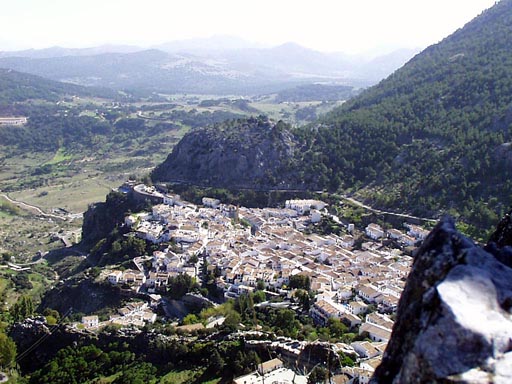
Graz
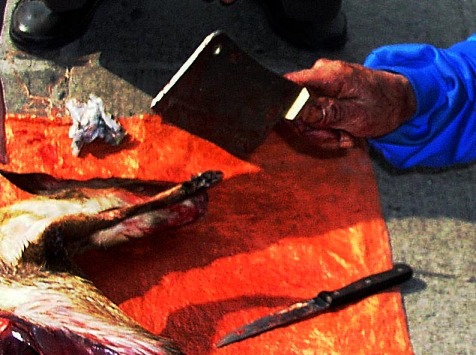







 Share Article
Share Article 







